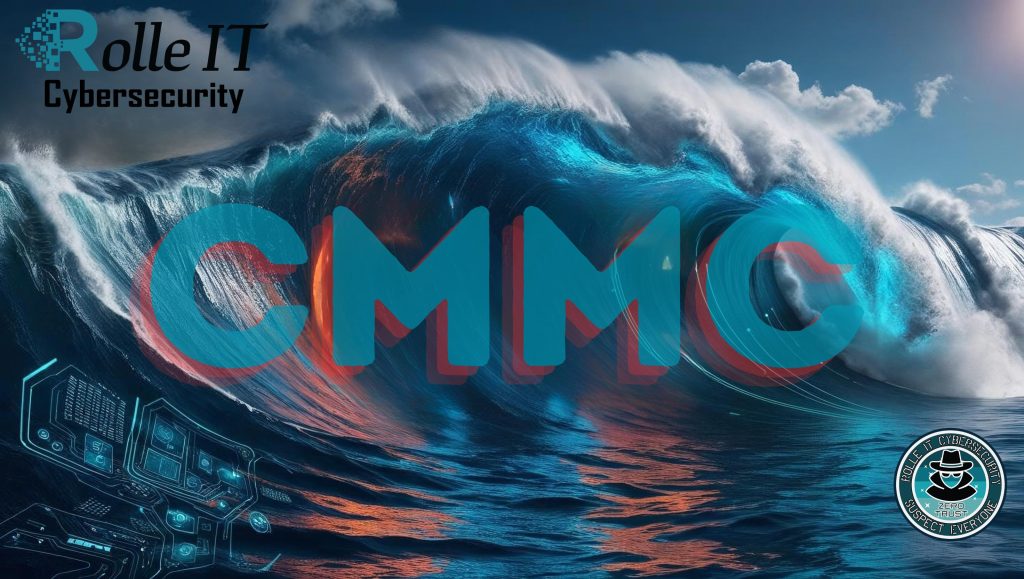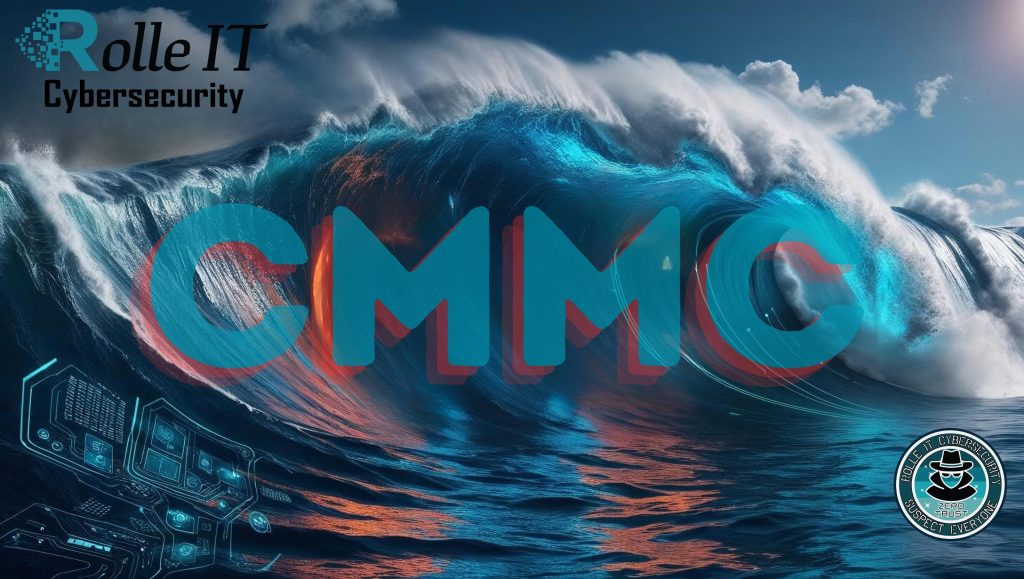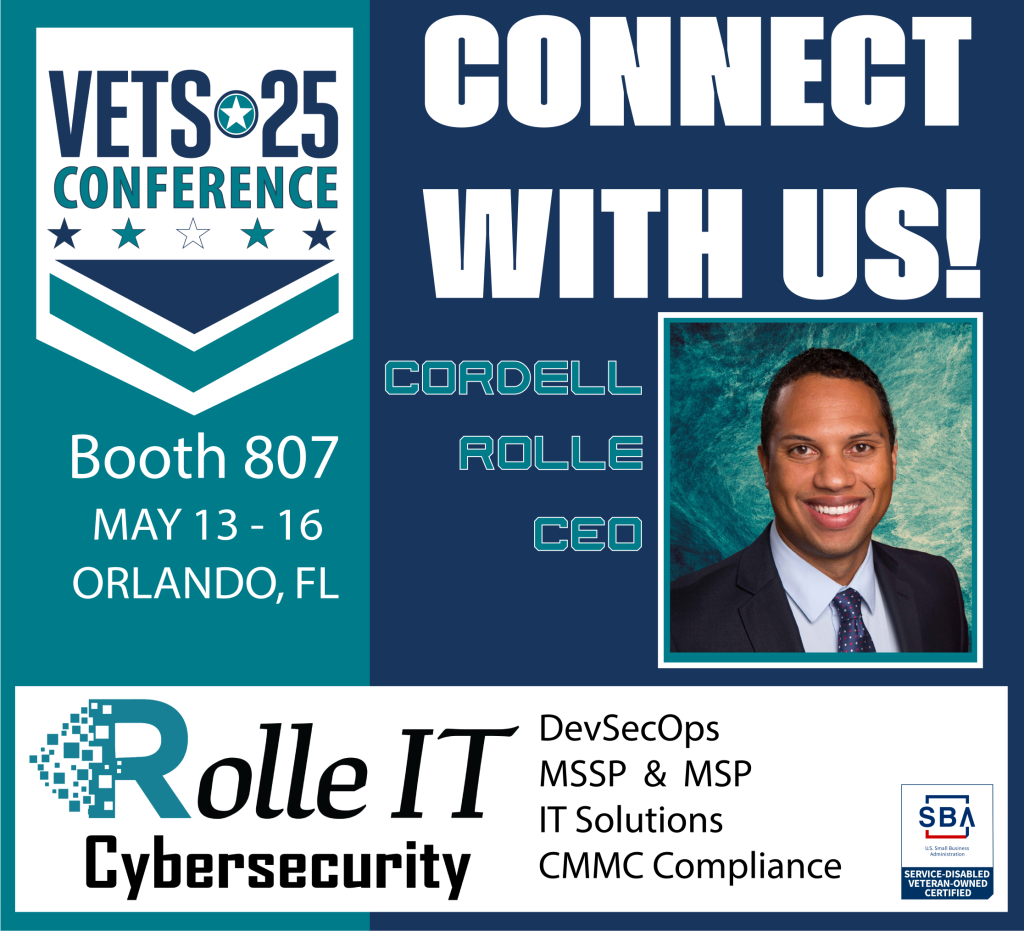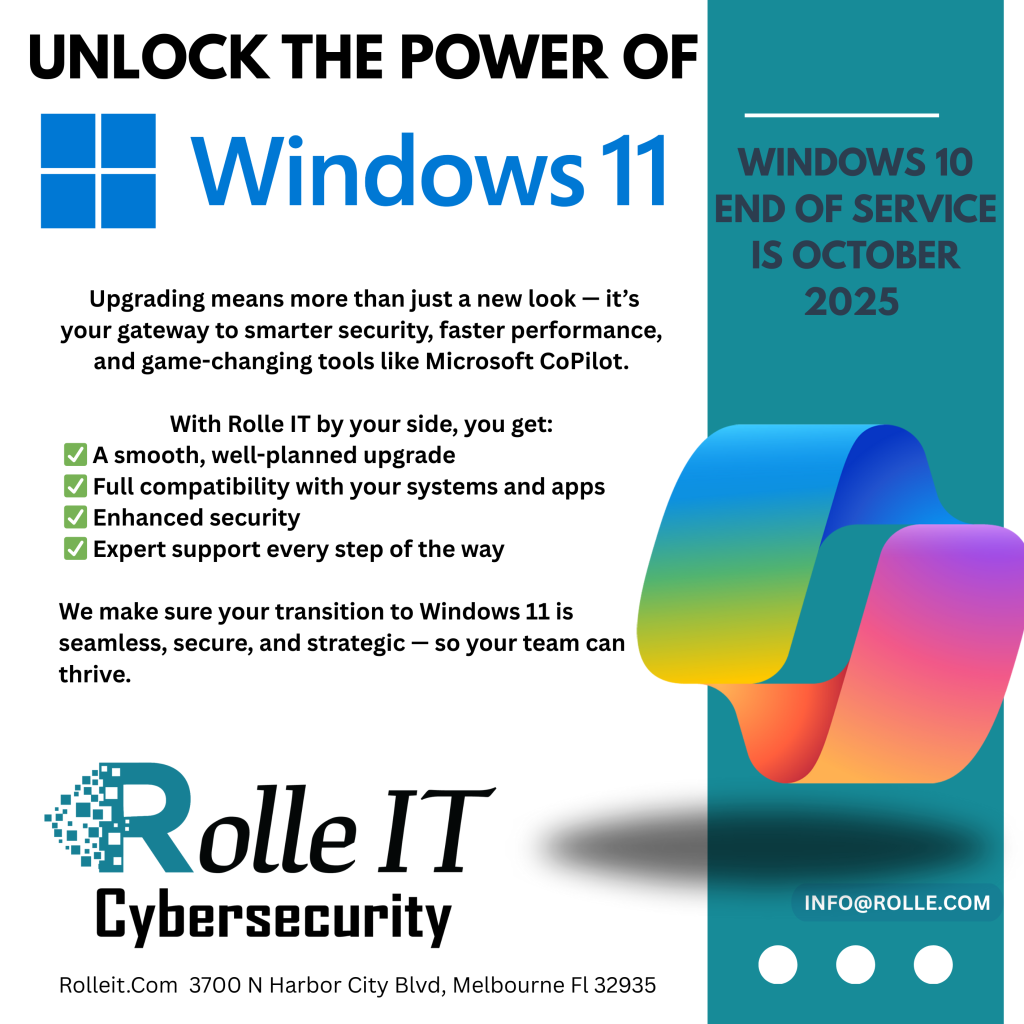Understanding the Requirements to Qualify for Microsoft GCC and GCC High
Organizations that work with United States government agencies or handle sensitive government data often require cloud environments that meet elevated security and compliance standards. Microsoft offers two specialized government cloud environments to support these needs: Government Community Cloud (GCC) and Government Community Cloud High (GCC High).
While both environments are designed for regulated workloads, not every organization is eligible to use them. Understanding the qualification requirements is a critical first step before planning a migration or modernization effort.
This article outlines the eligibility criteria, documentation requirements, and compliance considerations for organizations seeking to adopt GCC or GCC High.
Overview of Microsoft Government Cloud Environments
Microsoft’s government cloud offerings are segmented to align with different levels of sensitivity and regulatory oversight.
GCC is designed for U.S. federal, state, local, and tribal government entities, as well as contractors that support them. GCC High is designed for organizations that handle highly sensitive data, including Controlled Unclassified Information (CUI), Federal Contract Information (FCI), and export-controlled data.
Each environment operates within separate infrastructure and enforces specific access, residency, and compliance controls.
Eligibility Requirements for Microsoft GCC
To qualify for Microsoft GCC, an organization must meet one or more of the following criteria:
- Be a U.S. federal, state, local, or tribal government agency
- Be a contractor or partner that supports U.S. government agencies
- Be an organization that processes or stores government-regulated data on behalf of a public sector entity
In addition to organizational purpose, Microsoft requires that customers demonstrate a legitimate government use case for GCC services.
Verification and Documentation
Organizations seeking GCC access must complete Microsoft’s government cloud eligibility validation process. This typically includes:
- Submission of organization details and government affiliation
- Verification of contracts, grants, or partnerships with government entities
- Validation of domain ownership and tenant information
Once approved, the organization may provision a GCC tenant and access supported Microsoft services within the government cloud environment.
Eligibility Requirements for Microsoft GCC High
GCC High has more stringent requirements due to the sensitivity of the data it is designed to protect.
To qualify for GCC High, an organization must meet at least one of the following conditions:
- Be a U.S. federal agency or department
- Be a defense contractor or subcontractor handling CUI or FCI
- Be subject to regulations such as DFARS, ITAR, CMMC, or NIST SP 800-171
- Handle export-controlled or law enforcement sensitive information
In addition, organizations must demonstrate that GCC High is required to meet contractual or regulatory obligations, not simply as a preference.
Citizenship and Data Residency Requirements
A defining characteristic of GCC High is that customer data is stored within the United States and managed by screened U.S. persons. Microsoft enforces strict access controls to ensure only authorized U.S. personnel can administer the environment.
Organizations must be prepared to align their own administrative access and support models with these requirements.
Contractual and Compliance Alignment
Eligibility alone is not sufficient to operate successfully in GCC or GCC High. Organizations must also demonstrate alignment with applicable compliance frameworks.
Common regulatory drivers include:
- NIST SP 800-171 for protecting Controlled Unclassified Information
- CMMC requirements for Defense Industrial Base contractors
- DFARS clauses related to safeguarding government data
- HIPAA and CJIS for organizations supporting healthcare or criminal justice workloads
Organizations should be prepared to map their security controls, policies, and procedures to these frameworks before and after migration.
Technical and Operational Readiness Considerations
Meeting GCC or GCC High requirements also involves operational readiness.
Organizations should evaluate their identity and access management practices, including the use of multi-factor authentication and privileged access controls. Endpoint security, logging, and incident response capabilities must align with government cloud expectations.
Additionally, not all third-party applications and integrations are compatible with GCC or GCC High. A thorough review of dependencies is required to avoid operational disruptions.
Approval Process and Timeline
Microsoft’s approval process for government cloud access is not instantaneous. Depending on organizational complexity and documentation readiness, approval can take several weeks.
Organizations should plan accordingly and avoid committing to aggressive migration timelines until eligibility has been confirmed and tenants are provisioned.
Common Misconceptions About GCC and GCC High
One common misconception is that any organization can choose GCC or GCC High for added security. In reality, access is restricted to organizations with verified government use cases.
Another misconception is that GCC High automatically ensures compliance. While the platform provides compliant infrastructure, organizations are still responsible for configuring controls, managing access, and maintaining compliance over time.
How Rolle IT Cybersecurity Helps Organizations Qualify and Succeed
Navigating GCC and GCC High eligibility can be complex, particularly for contractors and regulated organizations new to government cloud environments.
Rolle IT Cybersecurity assists organizations by validating eligibility, preparing documentation, aligning compliance requirements, and designing secure architectures tailored to GCC or GCC High. Our team supports organizations throughout the approval, migration, and operational phases to ensure long-term compliance and security.
Conclusion
Microsoft GCC and GCC High provide secure cloud environments tailored to the needs of government agencies and contractors, but access is limited to organizations that meet specific eligibility and compliance requirements.
By understanding qualification criteria, preparing documentation, and aligning security operations with regulatory standards, organizations can confidently adopt the appropriate government cloud environment to support their mission.
Organizations considering GCC or GCC High should engage experienced security and compliance partners early to reduce risk and accelerate success.
Important Notes on Eligibility Determination
- Eligibility is determined by Microsoft and requires formal validation.
- Preference for enhanced security alone is not sufficient justification.
- Approval timelines may vary depending on documentation readiness and organizational complexity.
- Eligibility does not guarantee compliance; proper configuration and ongoing governance are required.
Understanding the Requirements to Qualify for Microsoft GCC and GCC High Read More »






